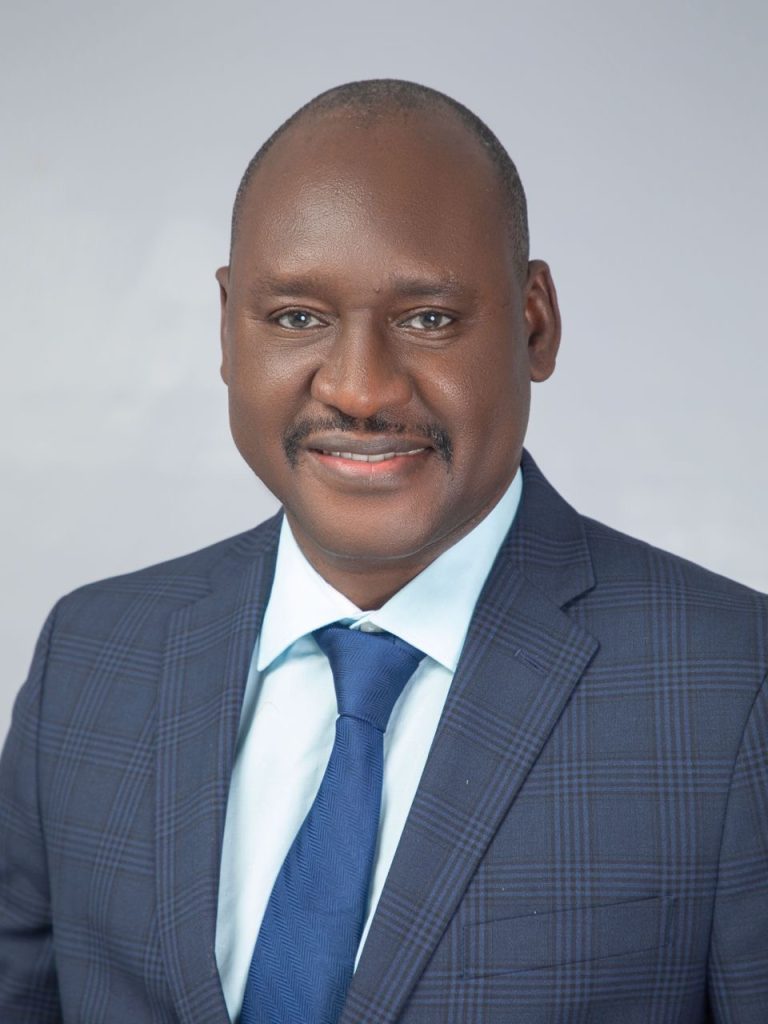The Executive Director of the Civil Society Legislative Advocacy Centre (CISLAC) and Head of Transparency International (TI) Nigeria, Auwal Rafsanjani, has endorsed calls for a full-scale investigation into the Nigerian National Petroleum Company Limited (NNPCL).
Rafsanjani stated this while speaking to Channels Television on the sideline of the Spring Meetings of the World Bank Group (WBG) and the International Monetary Fund (IMF) in Washington, D.C.
According to him, a comprehensive audit of NNPCL’s operations is vital to promoting transparency, strengthening accountability, and ensuring that oil revenues benefit Nigerians.
“It is a welcome development to have an audit of NNPCL,” Rafsanjani stated.
“However, we are advocating not just for a financial audit, but also for physical and process audits. Only a comprehensive, multi-layered review can uncover systemic weaknesses and chart a course for genuine reform and revitalization of Nigeria’s oil and gas sector.”
He noted that while financial audits assess compliance and verify transactions, physical audits evaluate the condition of assets like pipelines and oil wells, and process audits examine internal operations to ensure efficiency and global best practices.
Rafsanjani further lamented that inefficiency, mismanagement, and a lack of professionalism continue to plague the oil and gas sector despite reforms such as the Petroleum Industry Act and Nigeria’s membership in the Extractive Industries Transparency Initiative (EITI).
“There is no way we can continue like this. If we are serious about liberating the Nigerian economy, the oil and gas sector must be reformed and made truly productive for the people,” said Rafsanjani, who also serves as Chairman of the Board of Trustees of Amnesty International Nigeria.
Hr equally recommended the cancellation of the practice of the President doubling as the Minister of Petroleum Resources, arguing that separating the two roles would promote independence and effective oversight.
“For NNPCL to function as a genuine commercial entity, free from political interference, the President must relinquish the Petroleum Minister role. Otherwise, NNPCL risks remaining a political spending tool rather than a strategic economic asset,” he added.
Rafsanjani acknowledged the effort of former NNPCL Group Chief Executive Officer Mele Kyari, who oversaw the company’s first publication of audited financial statements in 43 years. While the 2018 report revealed a loss of N803.9 billion, it marked an important step toward transparency.
He also recalled a major audit initiated by former Central Bank Governor Sanusi Lamido Sanusi, which unearthed significant financial discrepancies in the then-NNPC but was ultimately dismissed by the National Assembly.
Rafsanjani expressed hope that the current momentum for a thorough audit of NNPCL would not be derailed, stressing that meaningful reform is critical to Nigeria’s economic future.


